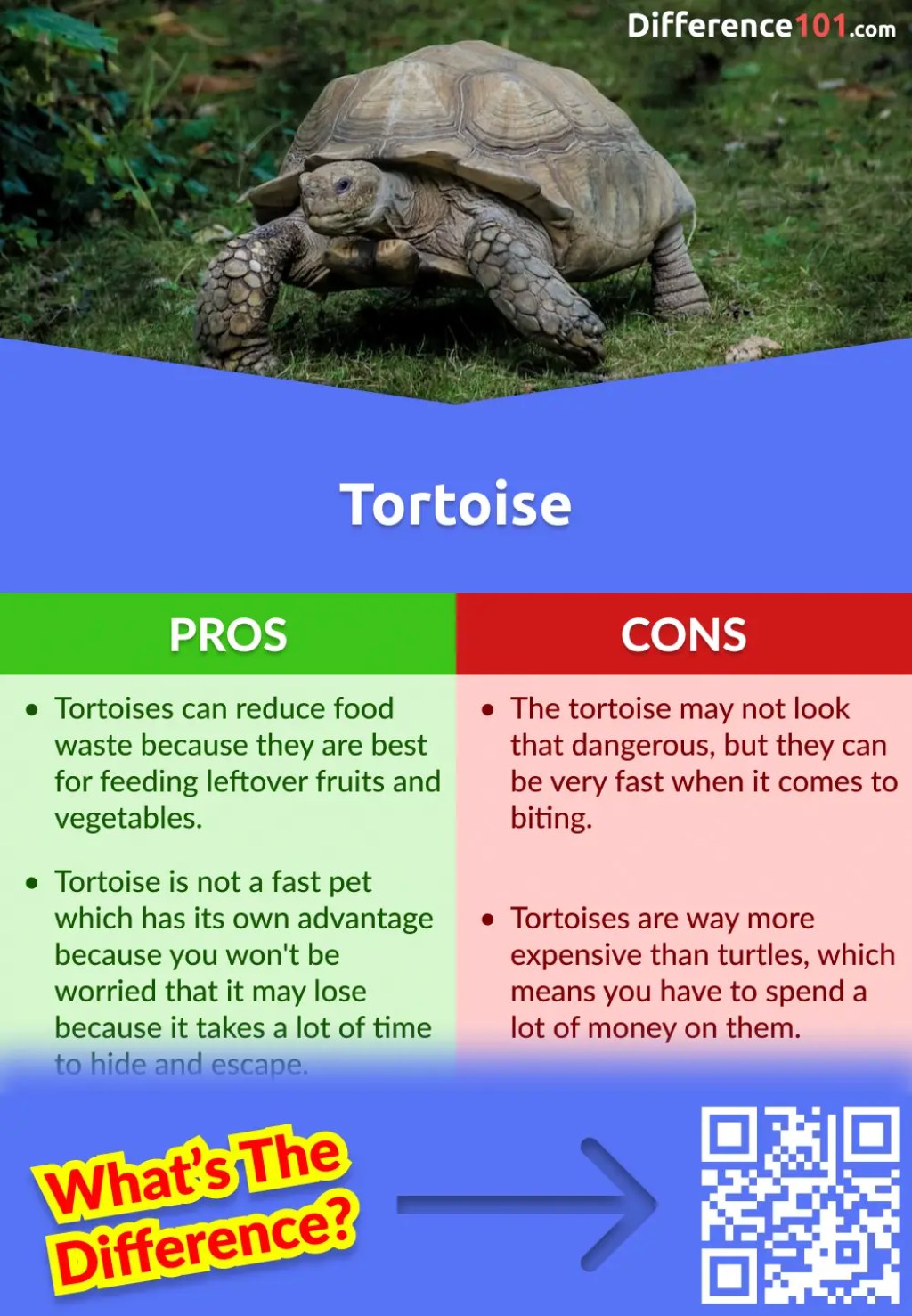The Complete Guide To Tortoise As Pets: Exploring Pros And Cons For The Best Pet Choice, Click To Discover!
Tortoise as Pets: Pros and Cons
Hello, Pets Lovers! Are you considering getting a tortoise as a pet? Tortoises can make wonderful companions, but it’s important to weigh the pros and cons before making a decision. In this article, we will explore the advantages and disadvantages of having a tortoise as a pet, providing you with valuable insights to help you make an informed choice.
Introduction
A tortoise is a unique and fascinating creature that can live for several decades, making it a long-term commitment. Before delving into the pros and cons of having a tortoise as a pet, it’s essential to understand their basic characteristics and needs.
1 Picture Gallery: The Complete Guide To Tortoise As Pets: Exploring Pros And Cons For The Best Pet Choice, Click To Discover!

Tortoises are reptiles that belong to the Testudinidae family. They are known for their hard shells and slow movement. These gentle creatures come in various species, each with its own distinct characteristics and care requirements.
Now, let’s dive into the pros and cons of having a tortoise as a pet.
Pros of Having a Tortoise as a Pet

Image Source: difference101.com
1. Low Maintenance: 🐢
Tortoises are relatively low-maintenance pets compared to dogs or cats. They don’t require daily walks or constant attention, making them suitable for individuals with busy lifestyles.
2. Long Lifespan: 🐢
Tortoises have an impressively long lifespan, with some species living for over 100 years. Owning a tortoise means having a lifelong companion.
3. Educational Value: 🐢
Having a tortoise as a pet provides educational opportunities, especially for children. They can learn about different species, their natural habitats, and the importance of conservation.
4. Calming Presence: 🐢
Tortoises have a calming presence that can help reduce stress and anxiety. Watching their slow and deliberate movements can be therapeutic and soothing.
5. Unique Personality: 🐢
Contrary to popular belief, tortoises have unique personalities. They may recognize their owners, respond to their voices, and even show signs of affection in their own special way.
Cons of Having a Tortoise as a Pet
1. Long Lifespan: 🐢
While the long lifespan of a tortoise can be a pro, it can also be a con. Committing to a pet that may outlive you requires careful consideration and planning for their future care.
2. Space Requirements: 🐢
Tortoises need a significant amount of space to roam and explore. Providing them with an appropriate enclosure or outdoor area can be challenging, especially for those living in apartments or small houses.
3. Specialized Diet: 🐢
Tortoises have specific dietary needs, depending on their species. This can involve a diet rich in leafy greens, vegetables, and occasional fruits. Ensuring they receive a balanced diet requires research and careful meal planning.
4. Hibernation: 🐢
Many tortoise species undergo hibernation during the colder months. Preparing and maintaining the appropriate hibernation conditions can be complex and require extra attention and knowledge.
5. Long-Term Commitment: 🐢
As mentioned earlier, tortoises have a long lifespan. Owning a tortoise means committing to its care for several decades. This may not be suitable for individuals who are unsure about their long-term living situations or lifestyle changes.
Frequently Asked Questions (FAQs)
1. Can I keep a tortoise as a pet if I have young children?
Yes, tortoises can be suitable pets for families with young children. However, it’s crucial to supervise interactions and teach children about proper handling and care to ensure the well-being of both the child and the tortoise.
2. Do tortoises require any vaccinations?
No, tortoises do not require vaccinations like dogs or cats. However, regular check-ups with a reptile veterinarian are recommended to monitor their overall health and well-being.
3. How much does it cost to keep a tortoise as a pet?
The cost of keeping a tortoise as a pet varies depending on factors such as the species, enclosure setup, and ongoing care expenses. It’s important to budget for initial setup costs, including the enclosure, heating, lighting, and ongoing expenses such as food and veterinary care.
4. Can I take my tortoise outside for walks?
Tortoises can benefit from supervised outdoor time, but they should not be taken for walks like dogs. They require a safe and secure area to explore, and exposure to natural sunlight can be beneficial for their overall health.
5. What should I do if my tortoise becomes sick?
If you suspect that your tortoise is unwell, it’s important to seek veterinary care from a reptile specialist. Tortoises can hide signs of illness, so any changes in their behavior, appetite, or appearance should be taken seriously.
Conclusion
After weighing the pros and cons of having a tortoise as a pet, it’s clear that they can be rewarding companions for the right individuals. Their long lifespan, low maintenance needs, and educational value make them unique pets to consider. However, their space requirements, specialized diet, and long-term commitment should also be carefully considered before making a decision.
If you’re ready to embark on this incredible journey of owning a tortoise, remember to research and prepare adequately to provide the best possible care for your new reptilian friend. A tortoise can bring joy, knowledge, and tranquility to your life, making it a pet worth considering for any pet lover.
Disclaimer: The information provided in this article is for informational purposes only and should not be considered as professional advice. Always consult with a qualified veterinarian for specific guidance regarding the care and well-being of your tortoise.
This post topic: Pets


